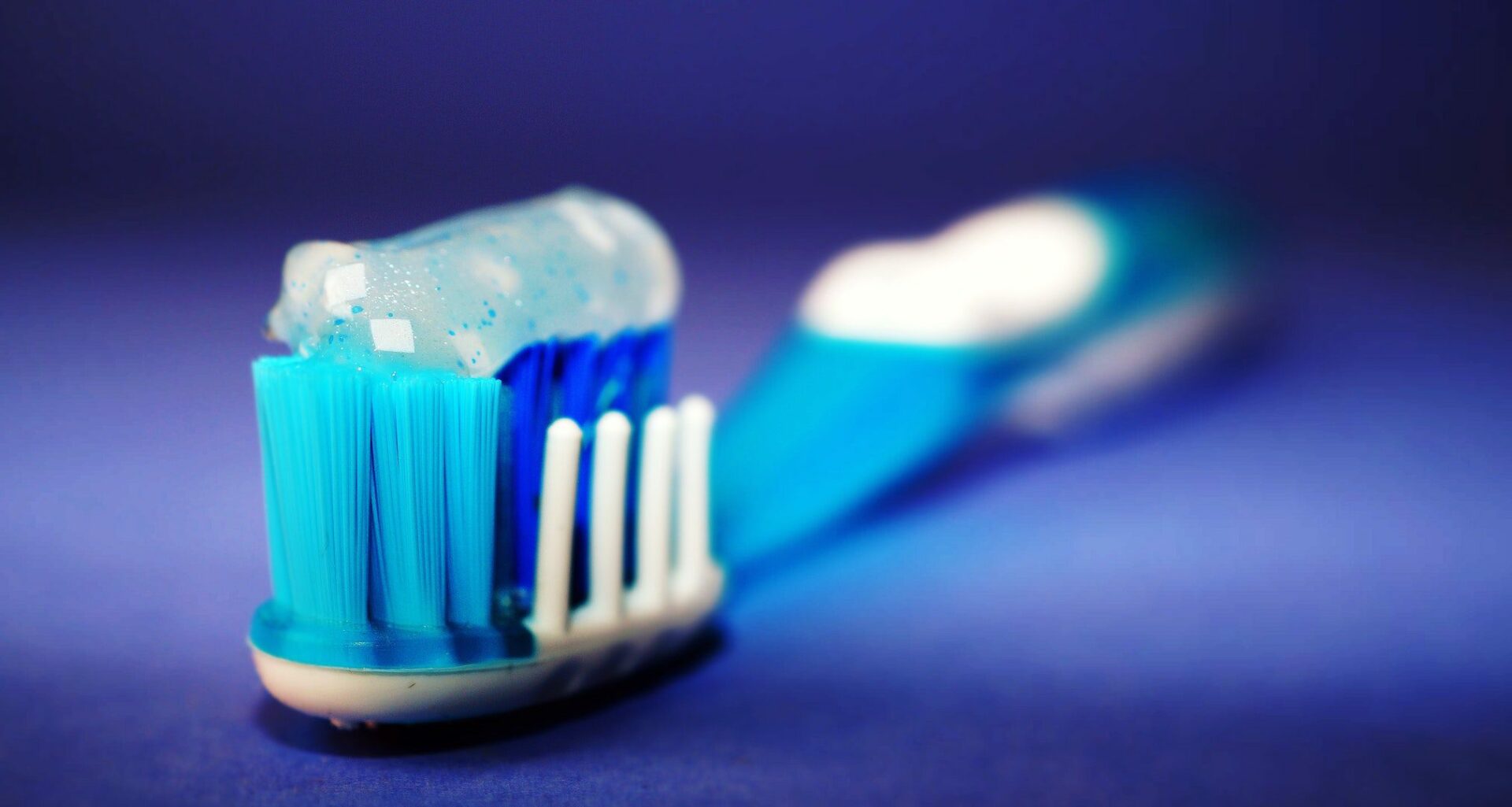From the time we sprout our first tooth, we’re taught that teeth brushing is good for us – that developing this daily habit cleans the sugar and food from our molars and gums and prevents cavities. But as we age, brushing your teeth can also protect your heart and has a significant impact on your overall health.
Over the years, scientists have been studying poor oral hygiene and the effects it has on the body. Some have even found evidence of harmful oral bacteria in blood clots of those who’ve received care for strokes or other emergency medical treatments. Doctors have even linked severe gum disease to a higher risk of hypertension.
A recent study from the European Journal of Preventive Cardiology suggest that brushing your teeth three times daily can help prevent the build-up of bacteria and plaque that can get into the bloodstream and cause cardiovascular diseases and clogged arteries.
Heart Failure and Oral Care
In the same study, Dr. Tae-Jin Song of Ewha Women’s University in Seoul, Korea, led a team of doctors and scientists to study the bacteria that leads to inflammation in the body. In this particular study, they set out to show that “poor oral hygiene can provoke transient bacteremia and systemic inflammation, a mediator of atrial fibrillation and heart failure.”
Dr. Song and team observed more than 161,286 people ranging in age from 40-79 over the course of 10 years and found that those who practiced good oral care or improved their oral routine decreased their chances of cardiovascular diseases and atrial fibrillation by 10-12%.
Similar studies in Japan and the United States have also shown that having a healthy relationship with your toothbrush can decrease the likelihood that bad bacteria and plaque make their way into your body’s blood stream, causing health issues other than gum disease and tooth decay. All of these studies have shown that brushing your teeth protects the heart and is an important part of your daily routine.
What’s Considered Proper Oral Care?
Brushing
When you visit the dentist, one of the first questions a dental hygienist may ask is how often you brush your teeth. Brushing your teeth with a fluoride toothpaste at least twice or even three times a day removes food particles, plaque, and stains from your teeth.
Eating a meal or snack with sugar or acidic juices can lead to breakdown of the enamel that surrounds each tooth. Brushing away these particles and liquids helps re-harden the existing enamel and protect your teeth. Brushing your teeth also protects your heart, gums, and other organs by eliminating the bacteria that causes inflammation.
Flossing
Flossing is another essential part of your oral care routine and should be performed at least once a day. Most dentists don’t stress a certain time of day for flossing as much as they stress the length of time you spend flossing. Many people tend to floss right before bedtime, after all of their meals and drinks have been consumed for the day.
While brushing habits are important, incorporating flossing into your routine can remove any plaque, food, and bacteria that have made their way beneath the gumline or in between your teeth. Bleeding is normal for those that don’t floss often and is a strong indicator that you need to floss more frequently. Flossing keeps your gums happy and healthy, preventing gum disease and decay.
Dental Check-Ups
Brushing your teeth protects your heart, but so do regular visits to see your dentist. During your routine exam, your dentist or dental hygienist will inspect your teeth and gums, looking for signs of plaque, cavities, and gum disease. You’ll also receive a proper cleaning which removes the plaque and tartar that can only be removed with special dental tools. Your dentist will also check for signs of jaw, mouth, and neck health concerns such as cancer or decay. Your mouth will be examined for any bumps, lumps, and swelling that can be key indicators of an underlying health issue.
Visiting your dentist for a regular cleaning and inspection is important, not only to your oral health but your heart health as well. Brushing your teeth protects your heart, and seeing your dentist protects your life. At Advanced Dental Care of Anderson, we believe that proper dental care isn’t just for the wellbeing of a healthy smile; it’s also important to a long, healthy, and happy life. Contact us today to schedule your next dental exam!
Photo by George Becker from Pexels

